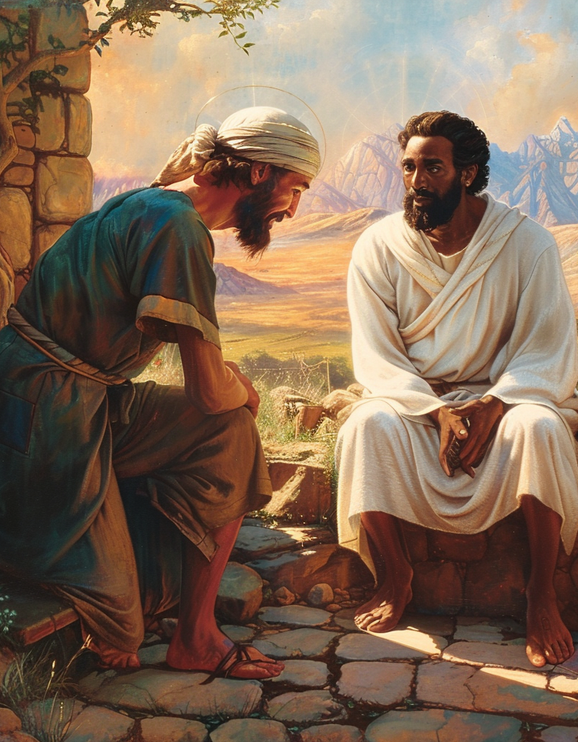A Scary Reminder: History’s Lessons on Persecuting Spirituality
The recent warnings about threats to American democracy echo a dark period in history when fear and ignorance led to the persecution of those practicing spirituality and witchcraft. Reflecting on my own ancestors—some of whom were accused witches in Massachusetts during the witch trials, and queens practicing witchcraft in Europe who were hung—this modern atmosphere is deeply troubling.
The witch hunts of the 1500s and 1600s serve as a stark reminder of the dangers of intolerance. Many innocent lives were lost due to fear and misinformation. This historical context underscores the importance of defending diverse spiritual practices today. By honoring and understanding our spiritual heritage, we resist the forces that seek to divide us and undermine our freedoms.
Historical Context: The Witch Hunts
In Europe and America, witch hunts were driven by a potent mix of superstition, religious zealotry, and social scapegoating. The European witch hunts peaked between the late 1500s and early 1600s, resulting in the execution of tens of thousands of people, predominantly women. The infamous Salem Witch Trials in Massachusetts (1692-1693) saw over 200 people accused and 20 executed, largely based on dubious evidence and mass hysteria.
The Human Cost
These hunts often targeted vulnerable individuals: women, the elderly, and those with unconventional lifestyles. Accusations were frequently rooted in personal vendettas or societal tensions. For example, in Salem, economic, religious, and personal conflicts fueled the fervor that led to the trials. In Europe, similar patterns emerged, with accusations often coinciding with periods of social upheaval and religious conflict.
Lessons for Today
Understanding this history is crucial as we navigate contemporary challenges. The persecution of those with different spiritual beliefs reflects broader issues of intolerance and fear-mongering. By defending the rights to diverse spiritual practices, we honor the memory of those unjustly persecuted and promote a more inclusive society.
Moving Forward
Embracing diverse spiritual practices is not just about personal empowerment—it’s a stand against the repetition of historical injustices. Let’s foster an environment of acceptance and respect, ensuring that fear and prejudice do not dictate our future. By learning from the past, we can build a more inclusive and understanding world, where spiritual diversity is celebrated rather than condemned.
Jesus Christ and Metaphysical Wisdom
Interestingly, many principles of metaphysical wisdom used in witchcraft can also be found in the teachings and actions of Jesus Christ in the Bible. Here are a few examples:
-
Miracles and Healing: Jesus performed numerous healing miracles, such as curing the blind (John 9:1-12) and healing a leper (Matthew 8:1-4). These acts demonstrate a deep understanding of metaphysical principles of transformation and healing.
-
Turning Water into Wine: At the wedding in Cana, Jesus turned water into wine (John 2:1-11). This act of transforming one substance into another aligns with the idea of alchemy, a common practice in many forms of witchcraft.
-
Feeding the Multitude: Jesus multiplied five loaves and two fishes to feed 5,000 people (Matthew 14:13-21). This miracle illustrates the metaphysical concept of abundance and manifesting resources from seemingly limited means.
-
Walking on Water: Jesus walked on water (Matthew 14:22-33), demonstrating mastery over natural elements, a theme also prevalent in witchcraft where practitioners seek to connect with and influence natural forces.
-
Resurrection: Jesus' resurrection (Matthew 28) represents the ultimate transformation and the triumph over death, embodying the metaphysical belief in the power of life force and spiritual transcendence.
Conclusion
In embracing this heritage, we safeguard our freedoms and champion a more inclusive and understanding world, where fear and prejudice do not dictate our future. By learning from both history and spiritual teachings, we can foster an environment of acceptance and respect for all forms of spiritual expression.



